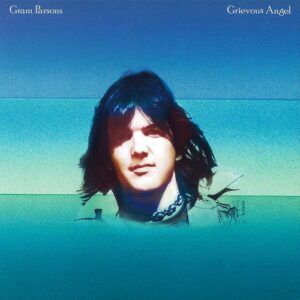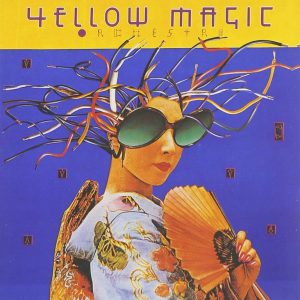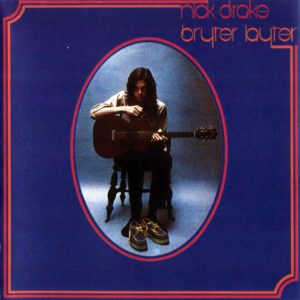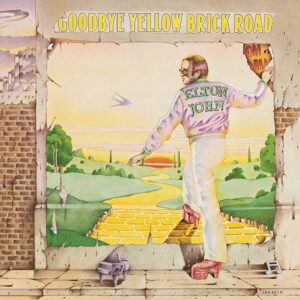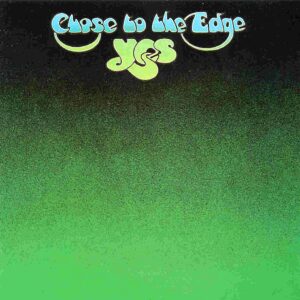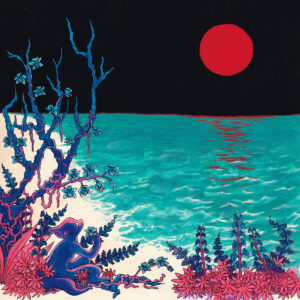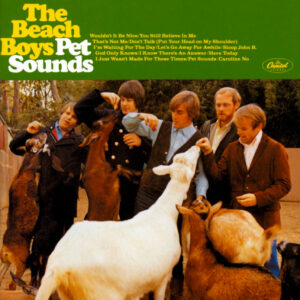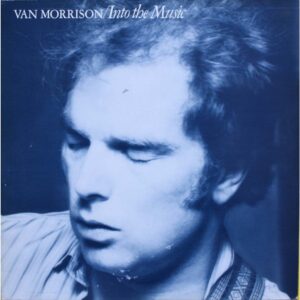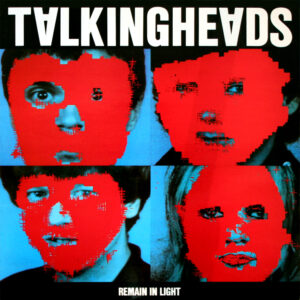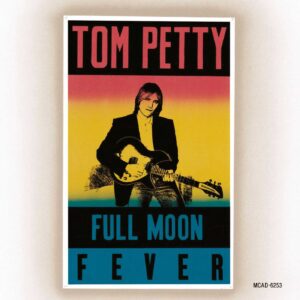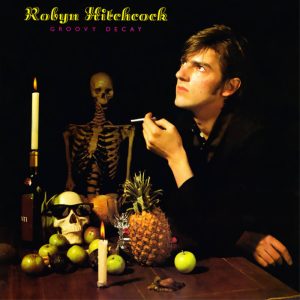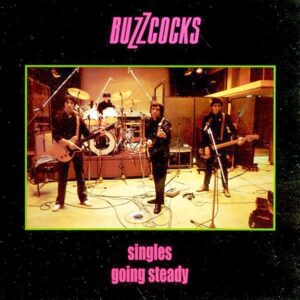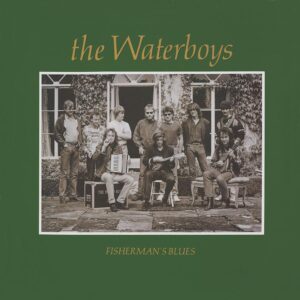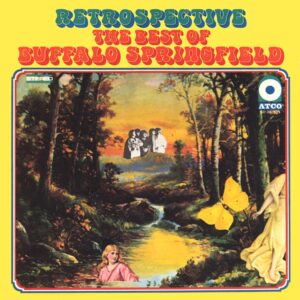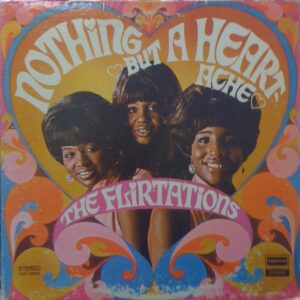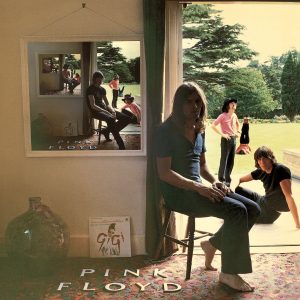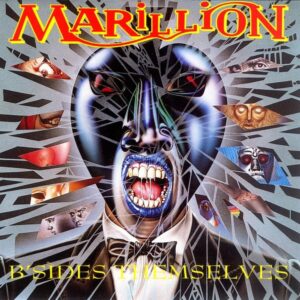
Born in Kent, Nic Jones grew up listening to Ray Charles, The Shadows, and Chet Atkins. School friends encouraged him to frequent folk clubs where he heard artists like Bert Jansch and Shirley Collins. He joined The Halliard, releasing two albums with them in the late 1960s. When The Halliard broke up, Jones eventually went solo.
Introduction
Jones was a rare solo artist who improved with every release. He embraced more contemporary folk songs, helping to differentiate his work from other folk artists. His career was cruelly cut down in its prime – a car accident in February 1982 left him with serious injuries, and he’s never recorded another solo album.
He was in demand as a session guitarist, playing on classic folk albums like Shirley Collins’ ‘No Roses’, Richard & Linda Thompson‘s Pour Down Like Silver, and June Tabor and Maddy Prior’s Silly Sisters. His guitar lines are amazingly intricate at times – listen to ‘Billy Don’t You Weep For Me’ on From the Devil to a Stranger. Of the British folk artists I’ve covered on this site, Jones is the most traditional. While other folk artists like John Martyn and Sandy Denny moved into pop/rock territory, Jones’ arrangements remained stripped-down.
Jones’ catalogue is tragically difficult to find. Of his five studio albums, only Penguin Eggs is readily available on CD and streaming services. I’ve only covered his solo albums, but he’s also recorded with The Halliard, Bandoggs, and a 1973 album with Jon Raven and Tony Rose.
Nic Jones Album Reviews
Ballads and Songs
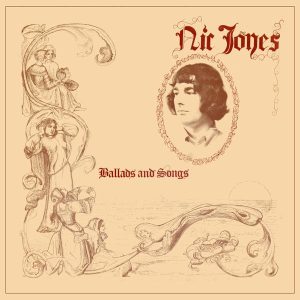
1970, 6/10
Nic Jones had only been a solo artist for a short amount of time when he recorded his debut album. He hadn’t yet developed a signature style – even though he’s clearly talented, he’s not doing enough to differentiate himself, finger-picking his guitar and playing traditional songs. Jones is part of a folk tradition, fitting new melodies to traditional words – his version of ‘Sir Patrick Spens’ is markedly different to Fairport Convention’s in the same year.
Jones shows a predilection for dark material – ‘Little Musgrave’ was also recorded by Fairport Convention as ‘Matty Groves’ around the same time, while ‘The Outlandish Knight’ is a well-known murder ballad.
It wasn’t until Nic left the group to work on his own that it became apparent that here was one of the people the folk revival occasionally throws up; a singer destined to be emulated by aspiring young singers all over the country, a person whose singing style, instrumental work and repertoire, Is instantly recognisable. Around the revival there seems to be an increase in complicated accompaniment. When this happens the words usually suffer. Nic is one of that small band of folk schizophrenics, who can play the most complex rhythms, and sing in another rhythm across this without loss of interpretation or legibility of the lyrics. We have worked together on radio, records and concerts, and apart from being an outstanding interpreter of traditional material, he is in our mind perhaps the most sympathetic and sensitive accompanist on the folk scene, particularly on the fiddle, an instrument few people know he even plays, and about which he is exasperatingly modest. Apart from all this he has written some beautiful tunes to traditional words.
Liner notes
Ballads and Songs is a respectable debut, but Jones’ first two records merely set the scene for more innovative releases later in his career.
Nic Jones

1971, 6/10
Again, Nic Jones is an album that’s probably more appealing to folk revival fans rather than omnivorous pop/rock fans. It’s a slightly more satisfying release for my money. It’s more diverse in its arrangements, despite all the songs only featuring Jones and without multi-tracking – Jones accompanies himself on fiddle on ‘Edward’ and is a capella on ‘Napoleon’s Lamentation’. There’s also more variation in mood – Jones’ light-hearted version of ‘Dance to Your Daddy’ provides a welcome contrast to his darker urges.
Curiously, he repeats ‘The Outlandish Knight’ from the previous record, presumably not satisfied with his previous arrangement. There are nice versions of ‘Lord Bateman’ and ‘Bonny Bunch Of Roses’, with Jones’ earnestness impressing.
Nic Jones took a long gap between releases after this self-titled record – he’d return stronger after a half-decade gap.
The Noah’s Ark Trap
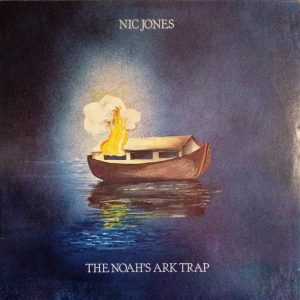
1977, 8/10
Jones’ third album is a significant step forward. The first two albums were recorded quickly, essentially recreating a half-hour live set. The Noah’s Ark Trap was planned – Jones modelled it after a rock album where songs are joined together and sequenced thoughtfully. The record’s named for a collection of chess opening moves – Jones describes himself in his Twitter biography as a lover of chess and porridge.
Jones’ guitar playing and singing had also loosened up, and feel more vibrant – he explained to Folk Roots magazine in 1979 that “with the guitar, if you’re working on intricate accompaniments, somehow it makes the song a rigid thing. Once you start thinking about the accompaniments, the simpler they are, the easier they are to play, the more fluid they are, the more separate they are from what you are singing, the easier it is to sing the song and the more spontaneity you can get into a song. “
The looser approach is immediately apparent in the opening track, ‘The Wanton Seed’. Jones gets the tone perfect for this lewd folk song, with his relaxed approach. There are slightly fuller arrangements – label owner Bill Leader is on triangle for an instrumental version of ‘Jackie Tar’, with Jones on fiddle, while there’s harmonium on ‘The Indian Lass’. The more relaxed feel brings out the prettiness of tunes like ‘10,000 Miles’. Jones’ version of ‘Annachie Gordon’, marrying a traditional tune to an old tale of star-crossed lovers, has been oft-covered, and is arguably Jones’ biggest contribution to the folk tradition.
The Noah’s Ark Trap is a fresh start for Jones, more relaxed and fun.
From the Devil to a Stranger
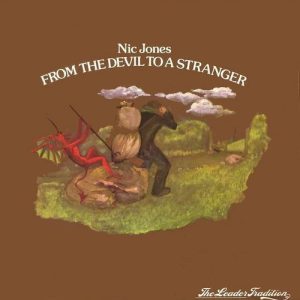
1978, 8/10
Jones followed up The Noah’s Ark Trap with another album of similar quality and feel. Again, the arrangements are minimal – apart from Jones’ guitar and fiddle, the only other credited musician is Helen Watson on piano. Watson’s piano is featured on the tracks that link the record together. Walter Scott’s ‘The Minstrel’s Request’ is the opening track, and is also reprised as an instrumental in the middle of the record and as a brief closer.
Elsewhere, ‘Billy Don’t You Weep For Me’ echoes Jones’ early work, with its fingerpicking, but it shows how much his artistry had advanced since his first two records. There’s lots of pretty material like ‘The Blind Harper’, ‘William Glenn’, and ‘The Lakes of Shilin’ – the latter shares its melody with the hymn ‘Be Thou My Vision’. Jones’ instrumentals are strong too – ‘Some Say The Devil’s Dead’ is a highlight.
Like its predecessor, From The Devil to a Stranger is one of the strongest albums to never enjoy a CD release.
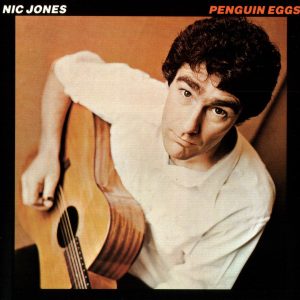
Penguin Eggs
1980, 9/10
Penguin Eggs is easily Jones’ most popular album. It has a lengthy article on Wikipedia where all his other studio albums have a quick stub and it’s the Jones record that shows up on best album lists. Much of its comparative popularity is doubtless due to its availability – it’s the only studio album from Jones available on streaming services or on CD. But it’s also another step up in quality. It’s notable for a move toward more contemporary material – the songs feel situated in the 19th century (rather than the 16th!) and the songs often feel situated in England’s colonies – the goldfields of Otago in New Zealand, the bountiful South Seas, and ‘Canadee-I-O’.
Opening the record, ‘Canadee-I-O’ is perhaps the best-known song on Penguin Eggs – Bob Dylan later recorded a version clearly inspired by Jones. The arrangements are fuller than before – Jones’ version of ‘The Little Pot Stove’ has four musicians, a legion by his usual spartan standards, and Tony Hall’s melodeon (button accordion) is often employed to good effect. ‘Barrack Street’ feels more traditionally English, but Jones is also dipping into contemporary material like ‘Farewell to the Gold’ by Paul Metsers.
Penguin Eggs still stands as Jones’ final album, his career curtailed by his serious 1982 car crash. He was apparently starting to perform his own songs before his accident; it’s a shame he was cut down in his prime.
10 Best Nic Jones Songs
Related Pages
About
Aphoristic Album Reviews is almost entirely written by one person. It features album reviews and blog posts across a growing spectrum of popular music.
Review Pages
Read about the discographies of musical acts from the 1960s to the present day. Browse this site's review archives or enjoy these random selections:
Blog Posts
I add new blog posts to this website every week. Browse the archives or enjoy these random selections:

